
Have you ever sat down and thought about how much money affects your life?
Its amazing to think of all the ways it can influence you, from your upbringing and education to your career and relationships. Money determines the social circles you mix in and the neighbourhood you live in. It colours your views on major issues like politics and religion. It even has a bearing on your diet, sex life, health and sleep patterns (especially if your finances keep you awake at night).
Indeed, analyse almost any conceivable decision in life should I get married? Do I chase that career? Should I start brewing my own beer? and money will be there in the mix. Its hard to admit it, but its true.
Yet so many people clam up at the slightest mention of the dreaded m word. We dont like thinking about it or discussing it. We would rather do anything than examine our spending habits or get to grips with saving. Some people wind up with debt, eviction and even bankruptcy rather than face up to their financial situation. For others, money becomes an unhealthy obsession a constant source of stress and guilt that makes it impossible to enjoy life.
But we dont take action. We muddle through. We wait for another day to sort things out. In the meantime, we find solace in tales of miserable millionaires and misspent lottery winnings. But we know, deep down, that things have got to change.
Im going to help you to see that there IS a better way to manage your finances.
ALL I ASK IS THE CHANCE TO PROVE THAT MONEY CANT MAKE ME HAPPY.
Spike Milligan
Youd be forgiven for envying people with rich families, well-paid jobs or lavish lifestyles. But its another group of people who have got the real upper hand in life. They may not all seem wealthy, at least on the surface, but they are nonetheless part of a privileged elite they are the ones who are happy with their finances, however much (or little) theyve got.
These money mavens realise that cash is just a means to an end, a tool for getting on and getting by. They work for their money but they also make their money work for them. They manage to have enough money to lead the life they want, regardless of what theyre earning. They save towards the future but they still find enough for little pleasures that they truly appreciate.
Money can be very effective when handled carefully. Its like a power tool: great for putting up those shelves but deadly if you dont read the instruction manual! So think of this book as a users guide for handling the money youve already got.
It wont help you to get rich quick. And, in fact, experts say that being rich isnt essential for leading a fulfilling life: people do not necessarily achieve greater happiness once they have enough for the things they genuinely want. But experts also agree that we all need a certain amount of money in order to survive, let alone thrive. They argue over the exact numbers, of course. I say that its down to YOU to decide. Once youve sussed out how much money you really need youll be amazed at what you can do with it!
HOW WE
THINK
ABOUT
MONEY
Inertia is defined by the Oxford English Dictionary as a tendency to do nothing or to remain unchanged. For some, inertia seeps into every corner of life, but, for many, it is contained within a few blind spots. So you might make active plans for your social life and holidays, but never really sort out your bank account or energy bills.
Why do you need to be on the ball when it comes to money? Here are some good reasons:
SAVINGS
A quarter of Brits have not saved money for a rainy day and a third rely on their credit cards for any emergencies, according to a recent survey by GoCompare.com. And, even when we do save, many of us miss out on extra money. The Financial Conduct Authority found that, in 2013 alone, 160 billion was kept in moribund fixed deposit accounts where interest rates (the extra amount youre given for depositing your money) had dropped below 0.5 per cent. The majority of those accounts contained balances of at least 5,000 such big sums could be earning better interest in another savings account or placed in stocks and shares
INVESTMENTS
We may miss out on the opportunity to invest our money for a better return in the long run. A study by Barclays Bank found equities (that is shares in companies) outperformed deposit savings accounts 90 per cent of the time between 1899 and 2012, while 100 invested in UK equities at the end of 1945 would be worth 4,379 by 2012 and only 185 if put in a deposit account.
BORROWING
A quarter of young people who dont get themselves on the electoral register are harming their chances of getting a credit card or even a mortgage in the future. When Brits do use credit cards, six out of ten do not pay off their balance each month, massively increasing the amount of money they will repay in the long term.
BANKING
Britains banks sold around 45 million payment protection insurance (PPI) policies alongside mortgages, credit cards and loans between 1990 and 2010. But people paid for policies that they did not understand, had not asked for and in many cases could not use properly. Millions of people entered these agreements without reading the small print or questioning the bank salesmen.
PENSIONS
A 2015 survey from AXA Wealth found almost two-thirds of Brits are worried about not having enough money in retirement. Yet over a third had done nothing about the situation.
INERTIA IS HINDERING PEOPLES CHANCES OF SECURING A RETIREMENT INCOME SUITABLE TO MEET THEIR NEEDS.
AXA Wealth
HOW GOVERNMENTS USE OUR LAZINESS
Governments across the Western world have tried to capitalise on our inertia to make us save for the future. In order to limit public spending on state pensions, policy makers are putting more responsibility on individuals to save into a pension at work.
In the UK, employers must put all their workers into a pension scheme as part of recently introduced legislation called automatic enrolment. Pension contributions are automatically taken out of workers pay packets at source (i.e. at the point when the salary is paid). So you are saving without even noticing. You can pull out whenever you like and get all your money back. But most are expected to stay in these schemes all thanks to inertia.
Automatic enrolment is inspired by a new concept in behavioural science known as nudge theory. This argues that people can be subtly nudged into positive behaviour that wouldnt come naturally to them otherwise.
 We crave certainty. Taking a decision which has an unpredictable outcome often the case with money is taking a leap into the unknown.
We crave certainty. Taking a decision which has an unpredictable outcome often the case with money is taking a leap into the unknown.
 We dont think we know enough to make the right decision even though we have no intention of getting more information to help us out!
We dont think we know enough to make the right decision even though we have no intention of getting more information to help us out!
 Doing nothing means we feel less responsible for what may follow. Its better than beating ourselves up when we havent got it quite right.
Doing nothing means we feel less responsible for what may follow. Its better than beating ourselves up when we havent got it quite right.


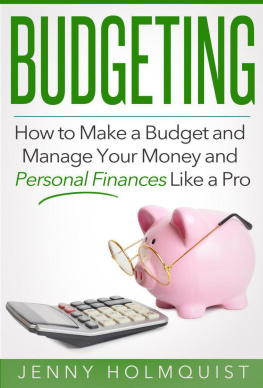

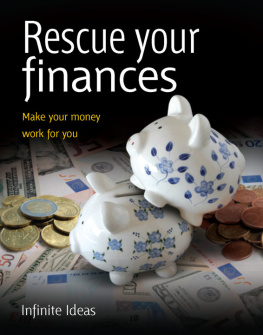
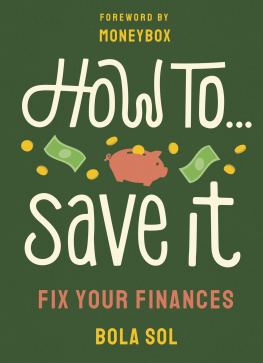
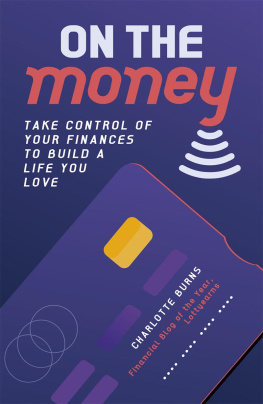
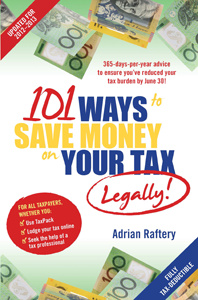
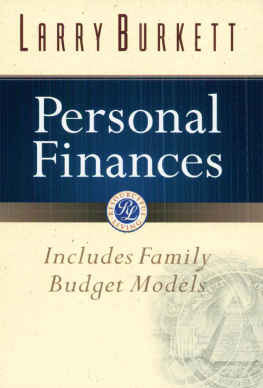
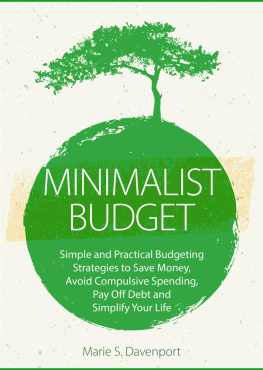


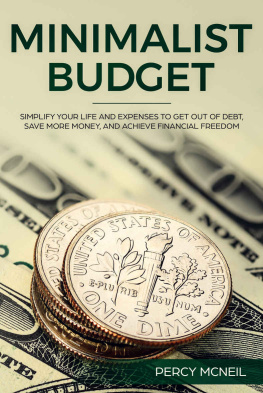
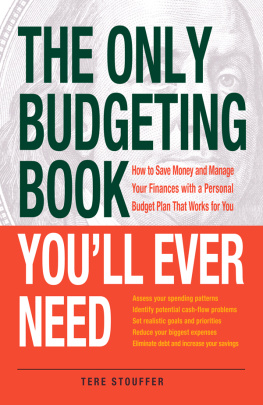




 We crave certainty. Taking a decision which has an unpredictable outcome often the case with money is taking a leap into the unknown.
We crave certainty. Taking a decision which has an unpredictable outcome often the case with money is taking a leap into the unknown.